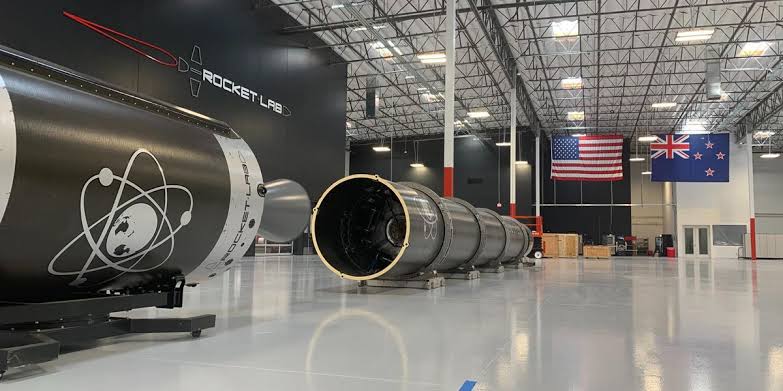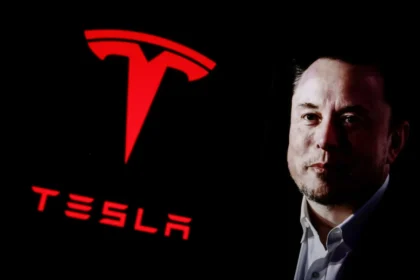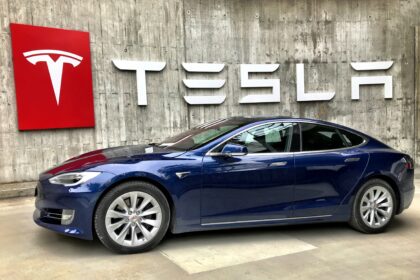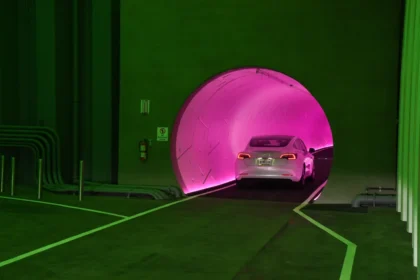If you still think Rocket Lab is just another rocket launch company, you are missing half the plot. The space tech firm just posted its highest-ever quarterly revenue, and it is not launch services fueling the surge. It’s space systems, government contracts, and a big bet on optical payloads.
In its Q2 2025 earnings report, Rocket Lab announced $144.5 million in revenue, with a jaw-dropping $97.9 million coming from its space systems segment, the division responsible for building satellites and related tech. That’s over two-thirds of total revenue, showing that Rocket Lab’s growth isn’t just about sending things into orbit, but also what it builds for the journey.
The company’s total revenue jumped 36% from the same period last year, marking a record-setting quarter. That said, net loss also widened to $66.4 million, a reminder that space remains an expensive playground.
But Rocket Lab’s strategy is clear: scale up, diversify fast, and aim squarely at defense dollars.
Founder and CEO Peter Beck emphasized the company’s “busy quarter of M&A activity,” calling out its acquisition of Geost, a company that builds electro-optical and infrared sensors, tech crucial for missile warning and space domain awareness. That $275 million deal (in cash and equity) is giving birth to a new Rocket Lab business unit: Optical Systems.
Why does this matter? Those sensors are central to the kind of government contracts Rocket Lab is eyeing, including a shot at massive Department of Defense programs like Golden Dome, the multibillion-dollar U.S. initiative focused on space-based surveillance.
Rocket Lab has already snagged one high-profile defense contract, a $515 million deal to build 18 satellites for the Space Development Agency. Those satellites will support a missile-tracking network. According to the company, the build is already underway after meeting all mission requirements.
So yes, Rocket Lab is still launching rockets, but it is also slowly becoming a key supplier for U.S. defense infrastructure in space.
Related: Rocket Lab Turns to Kedging to Deliver Neutron Rocket to Wallops for September Push
On the launch side, Rocket Lab says progress continues on its next-gen Neutron rocket, designed to compete with SpaceX’s Falcon 9 for medium-lift payloads.
The launch pad at Virginia’s Wallops Island is expected to be ready by Q3 2025, with hardware arriving and Archimedes, the new rocket engine, going through daily testing. No exact liftoff date has been announced yet, but there is a promise that it’s making an “all-out effort” to get Neutron airborne by the end of 2025.
Rocket Lab ended the quarter with $564 million in cash and cash equivalents, providing sufficient fuel for future launches, both in space and on the mergers and acquisitions (M&A) front. The company expects next quarter’s revenue to fall between $145 and $155 million, driven once again by its expanding space systems pipeline.
Rocket Lab is not just building rockets; it is building leverage. With deepening ties to the U.S. defense sector and a full pivot into sensor tech, it is positioning itself as an end-to-end space and surveillance company. The question isn’t whether Rocket Lab can compete with SpaceX in launches; it is whether it becomes the defense department’s go-to vendor for everything between launches.






